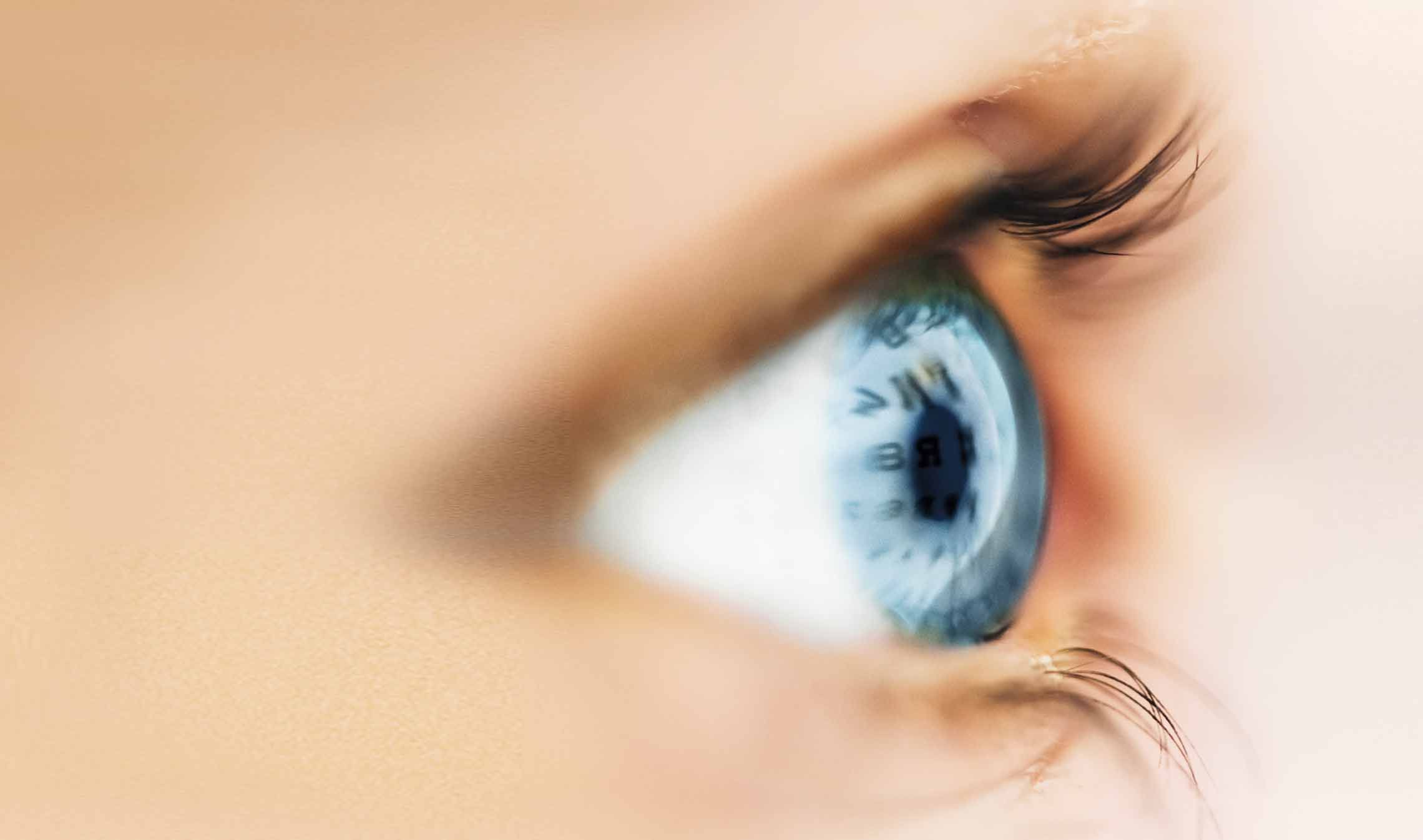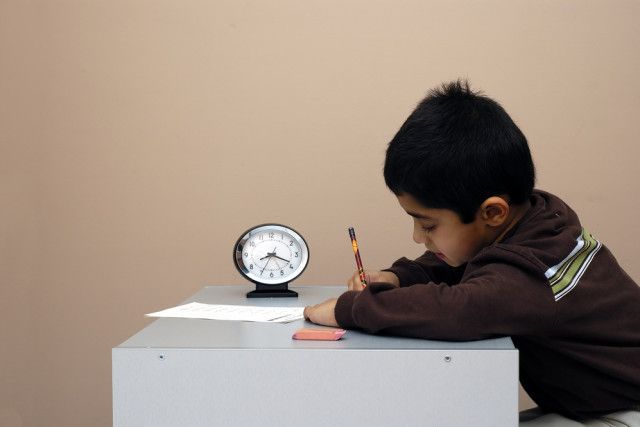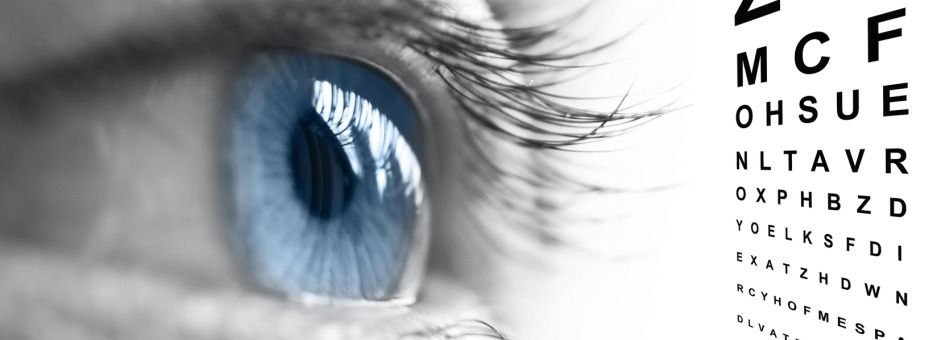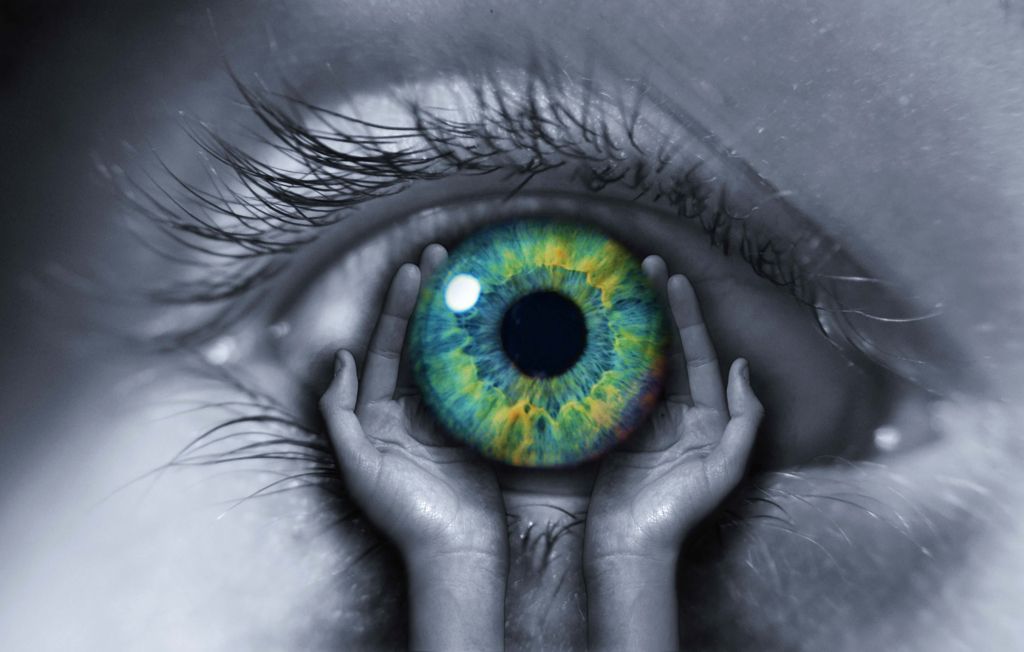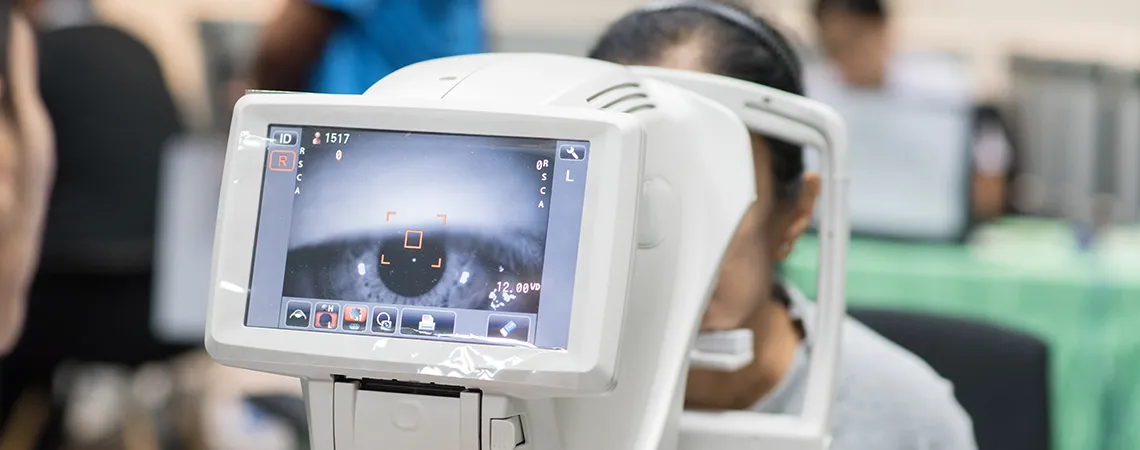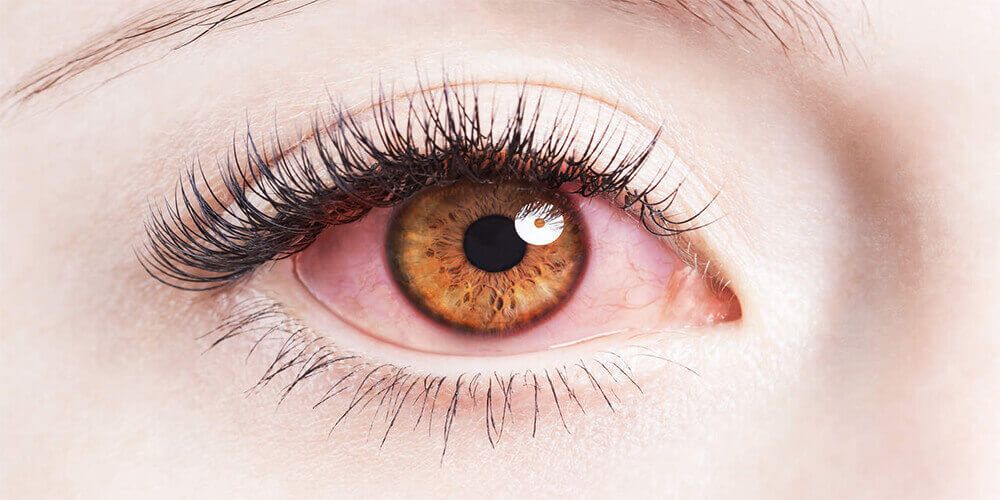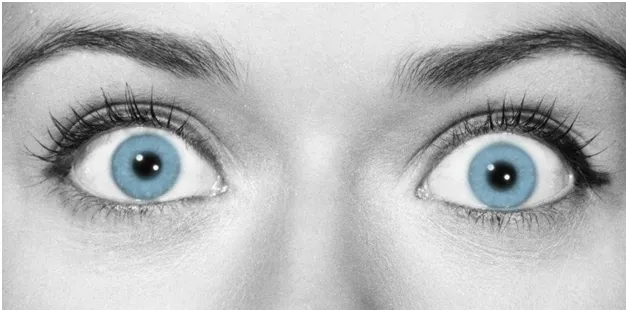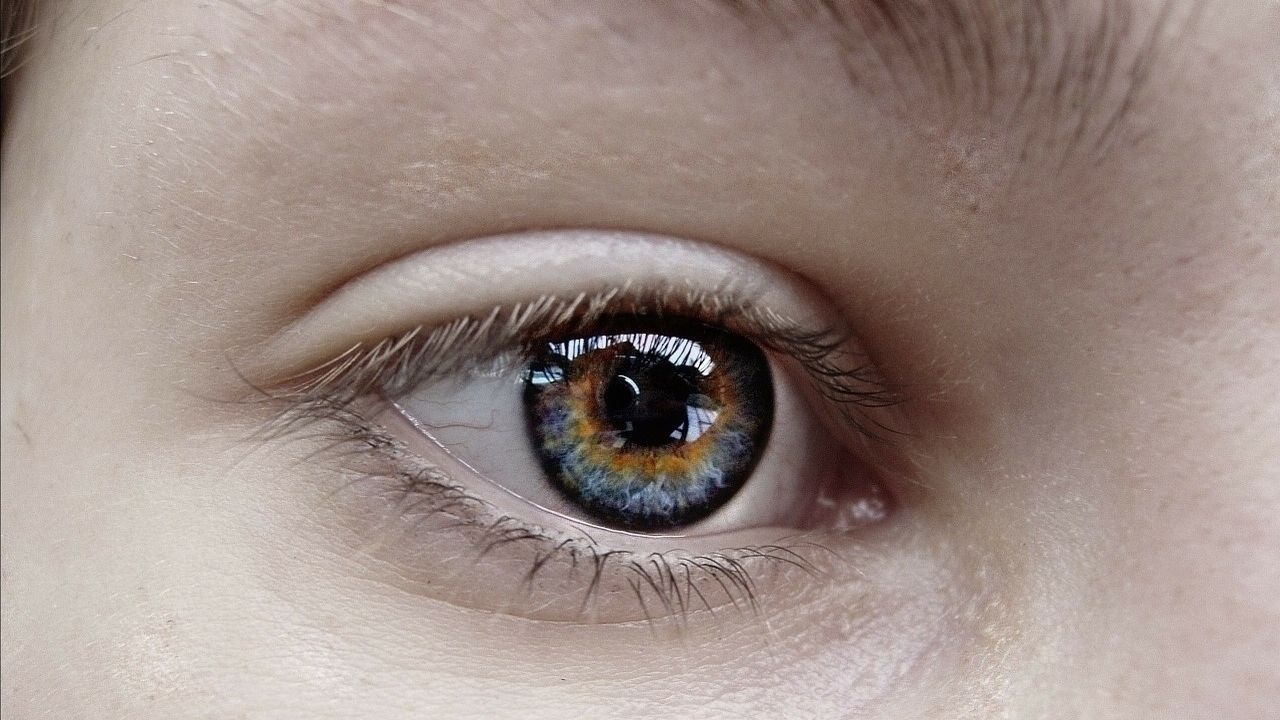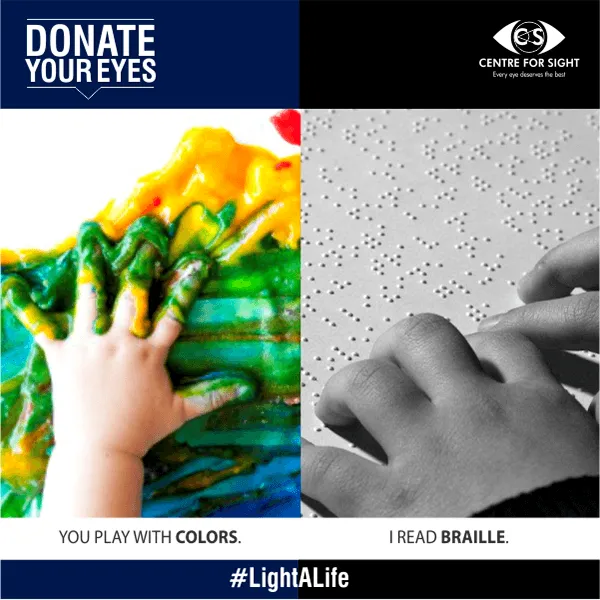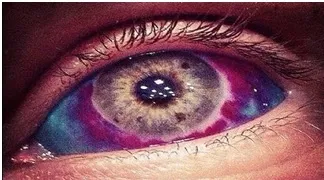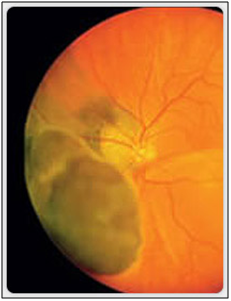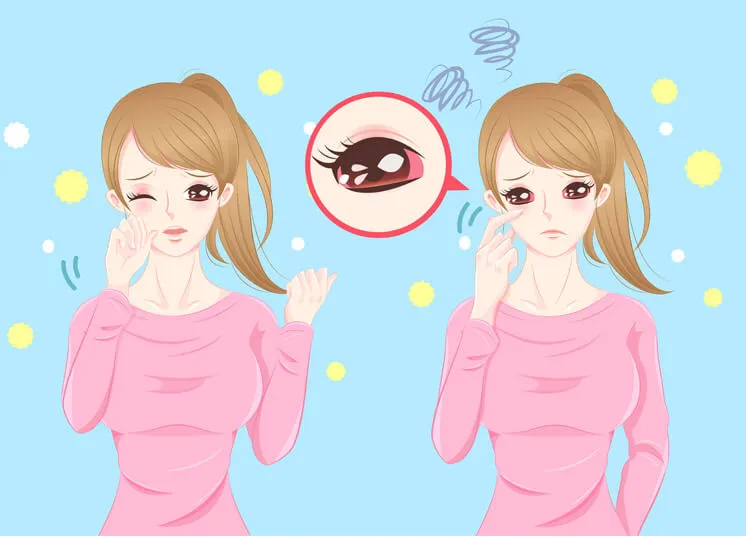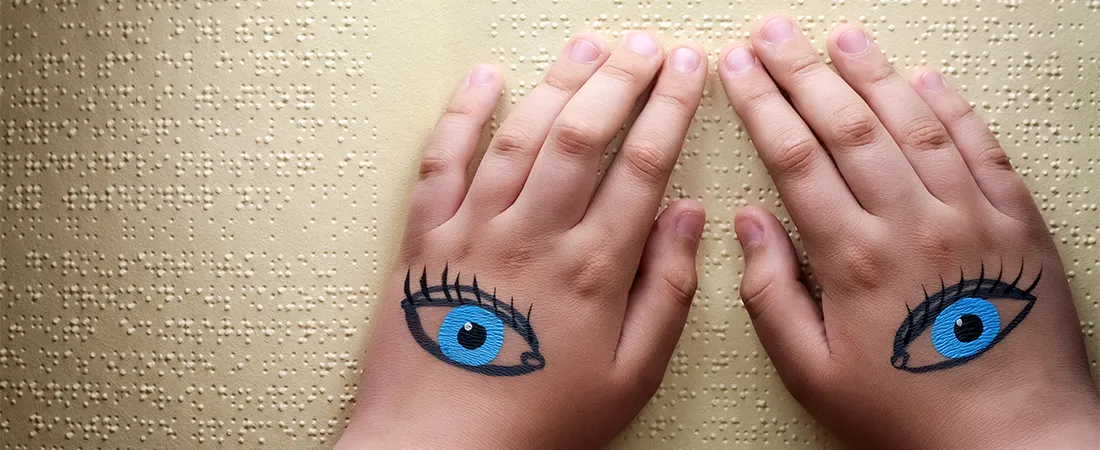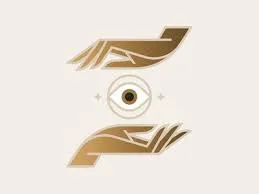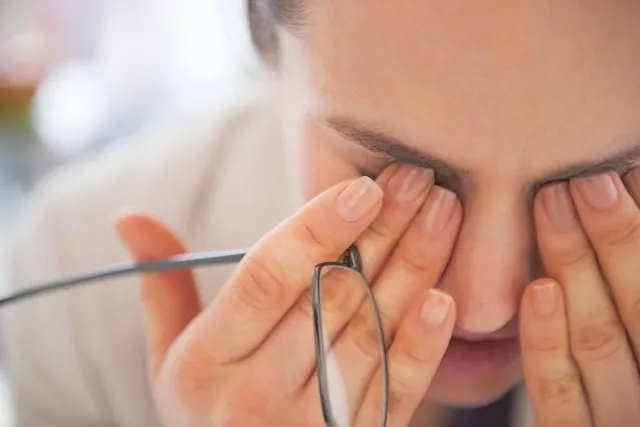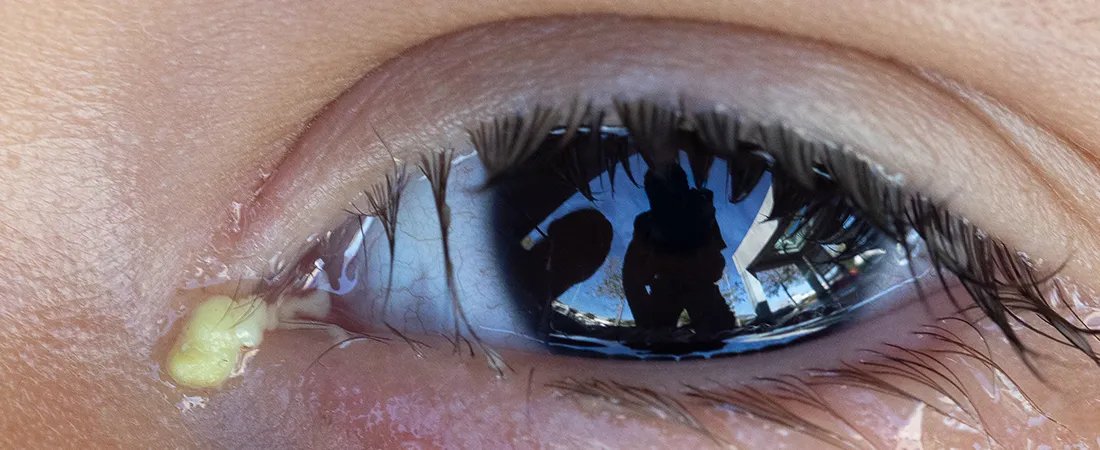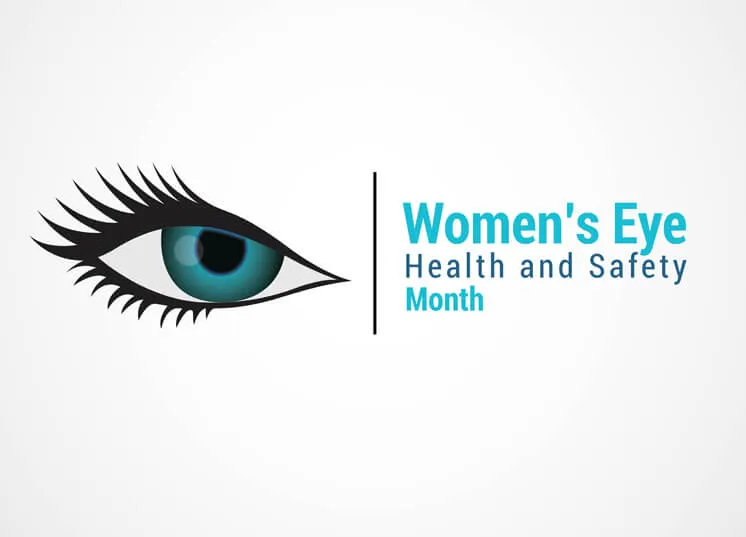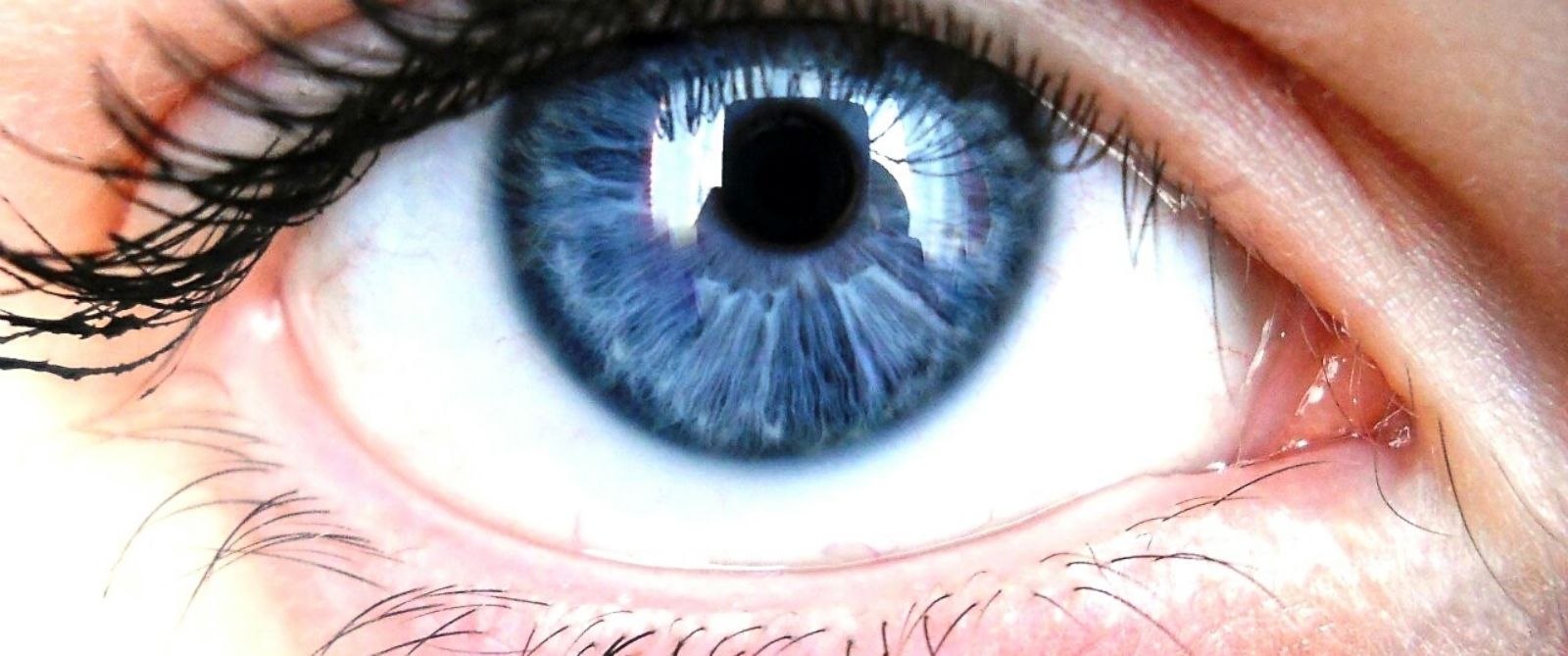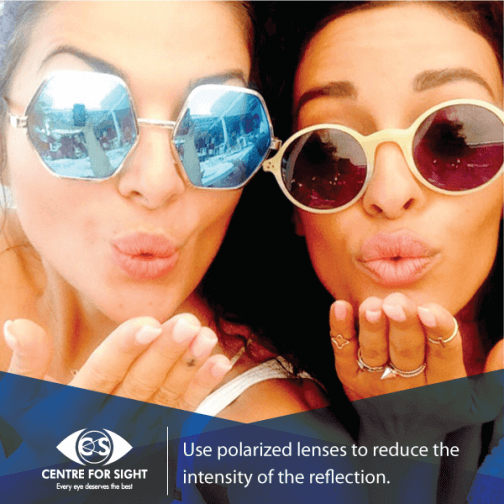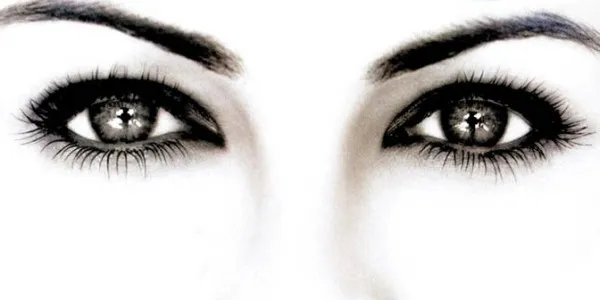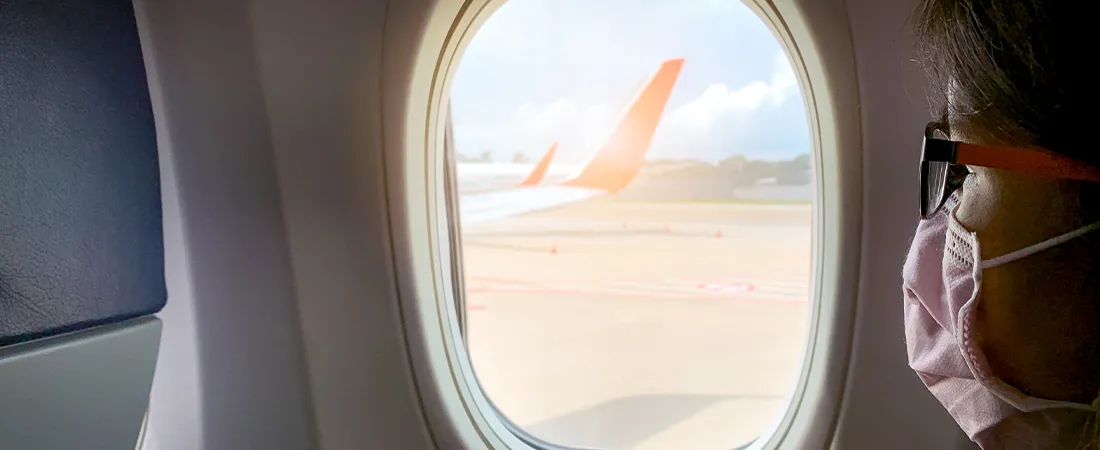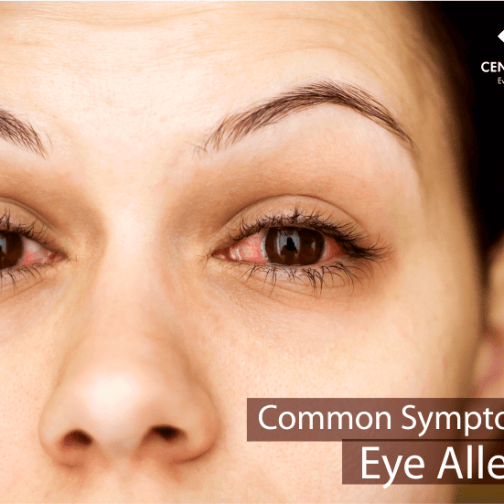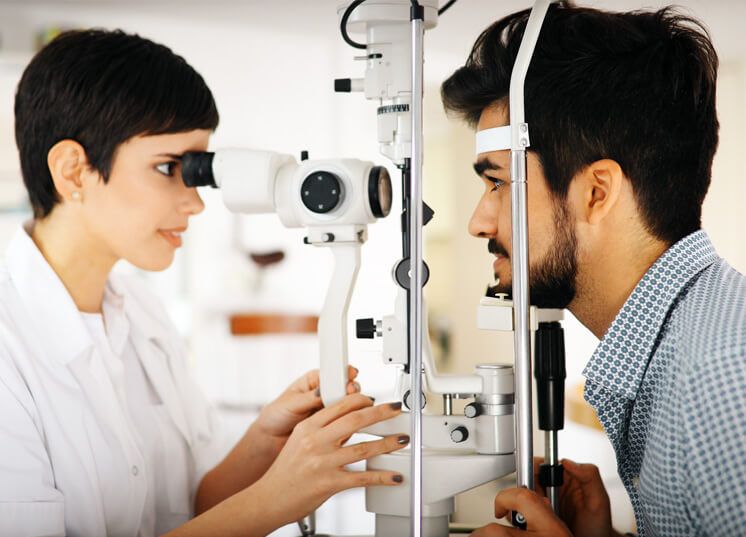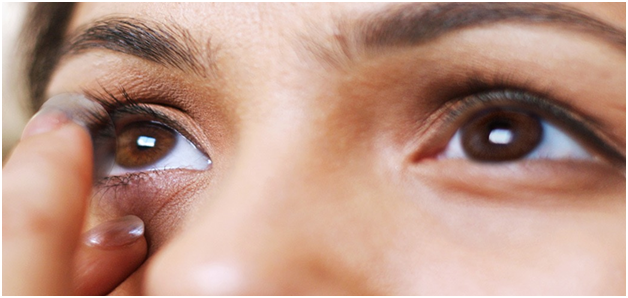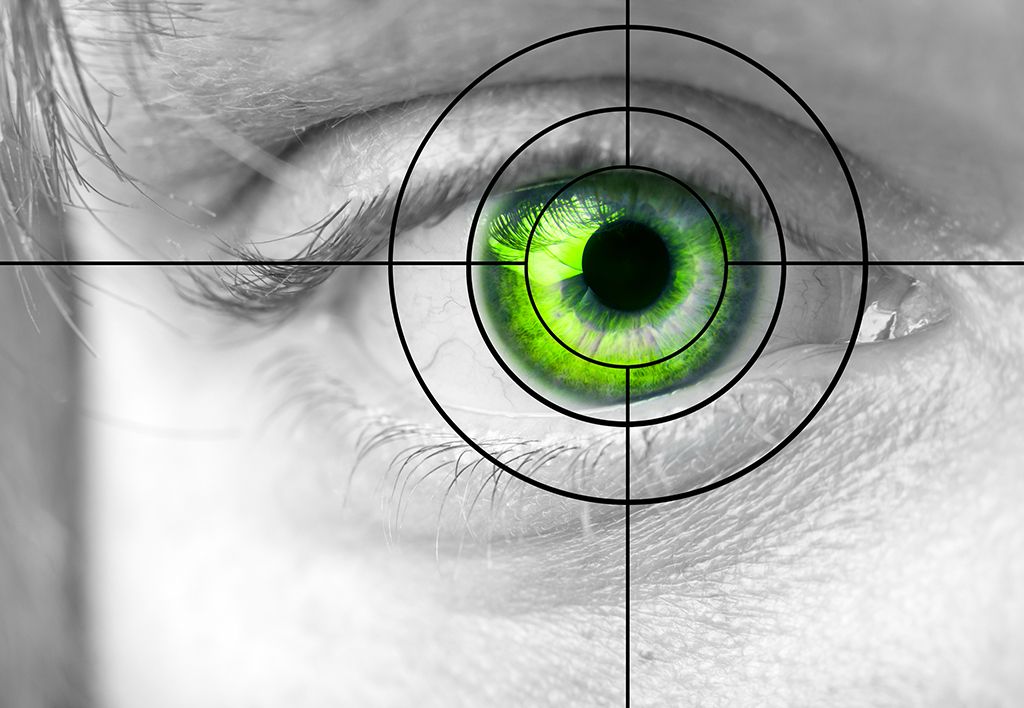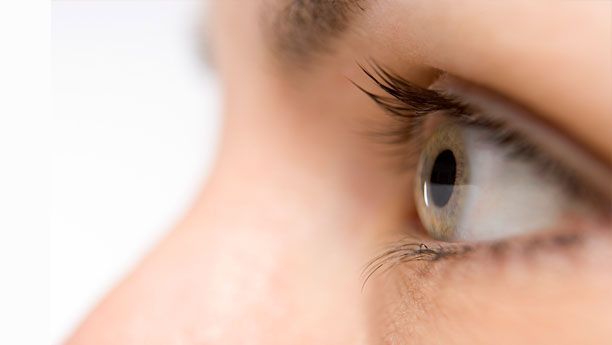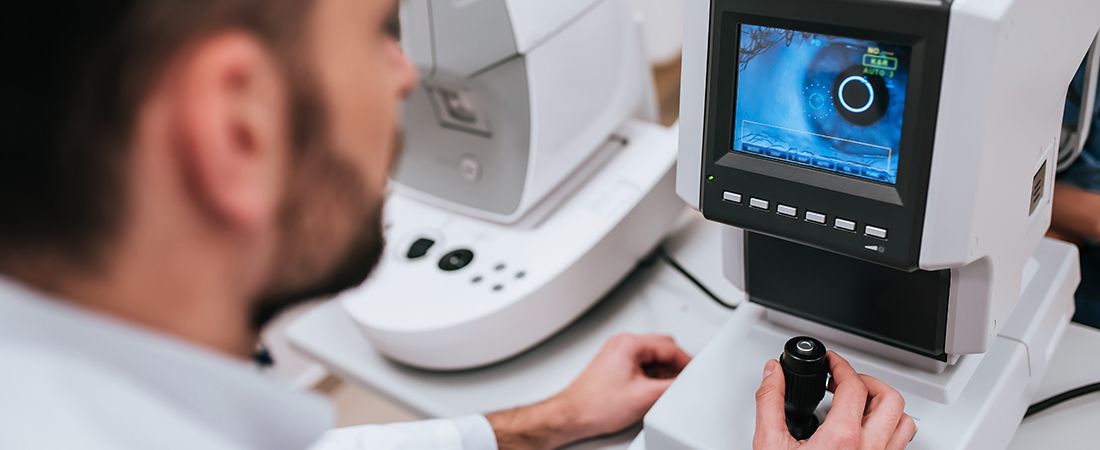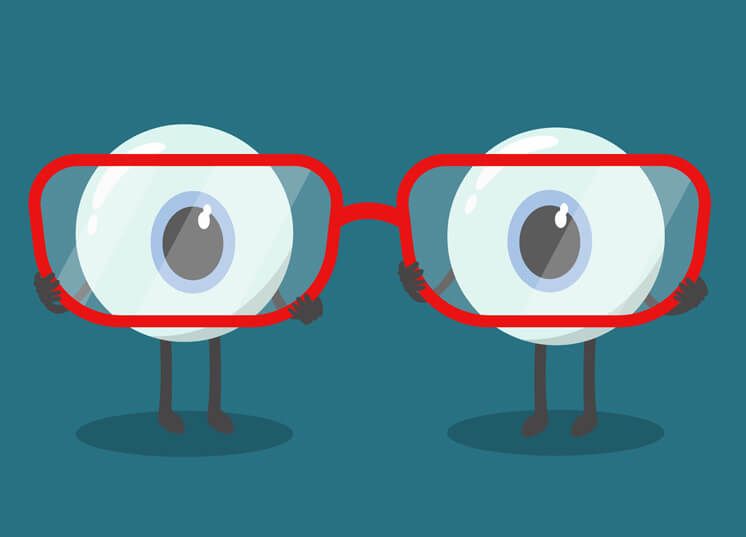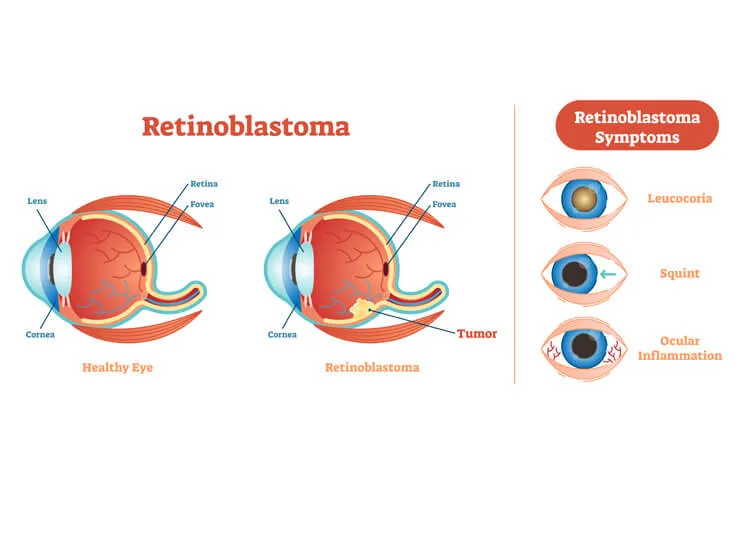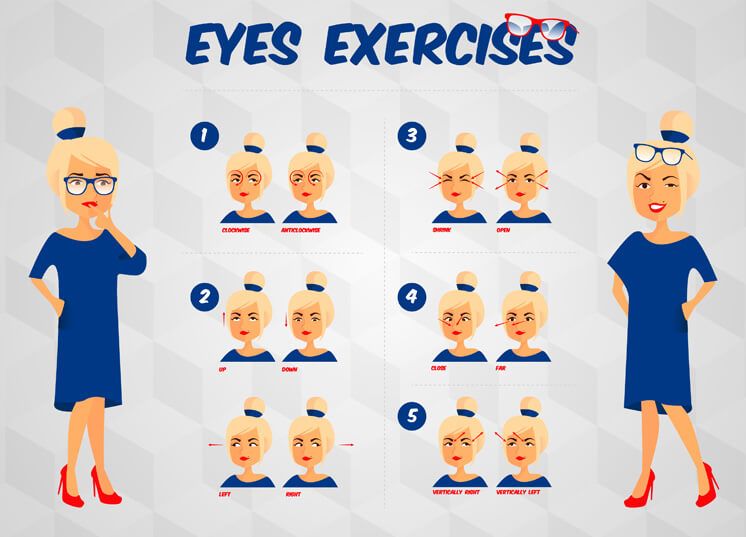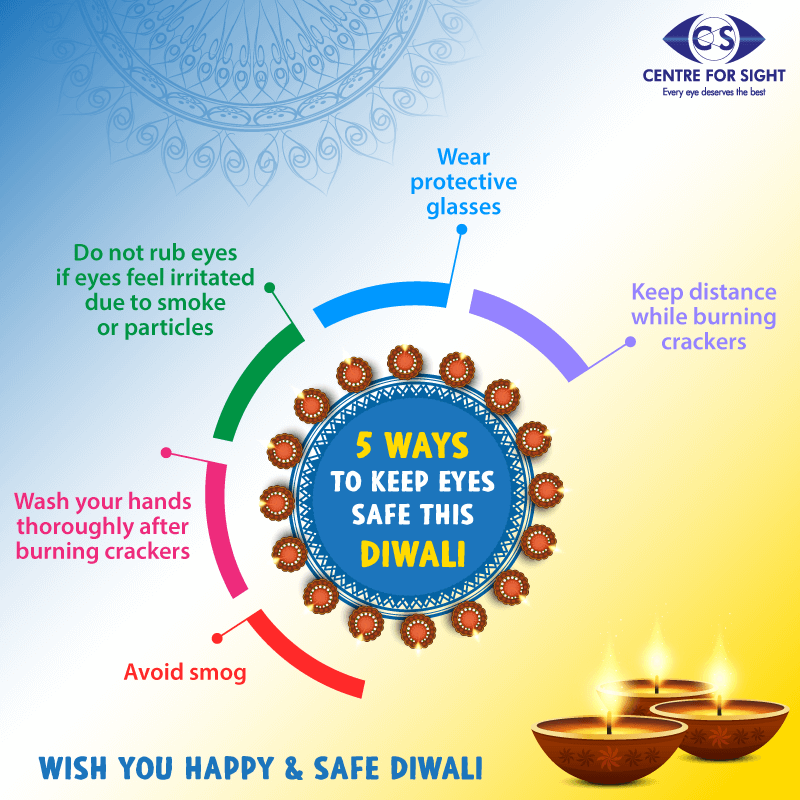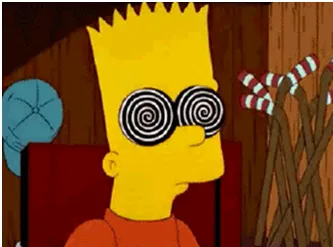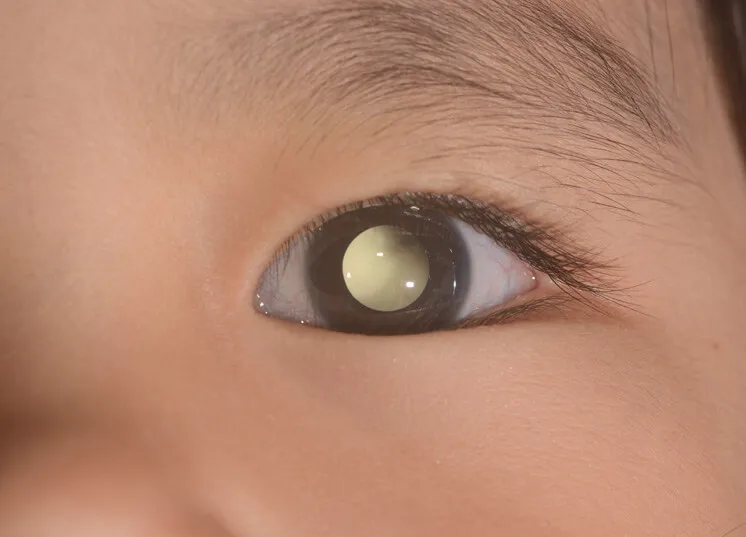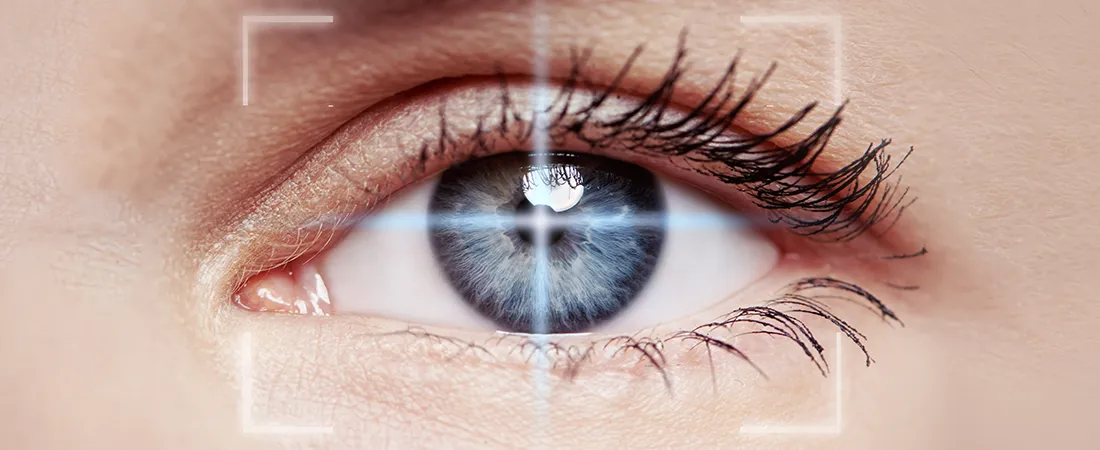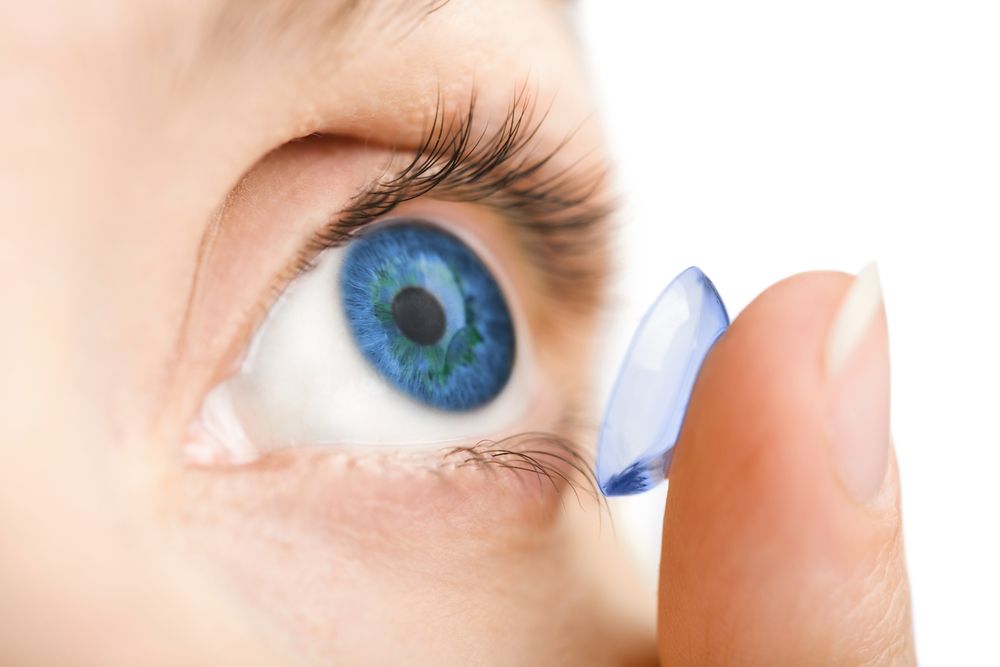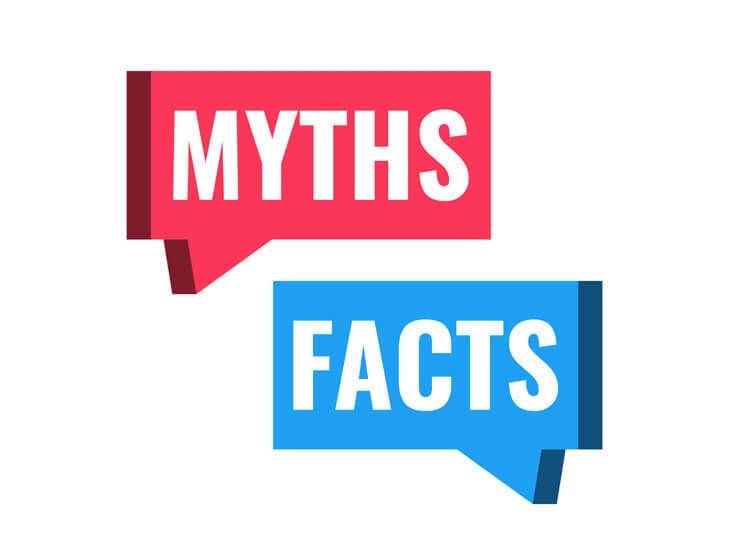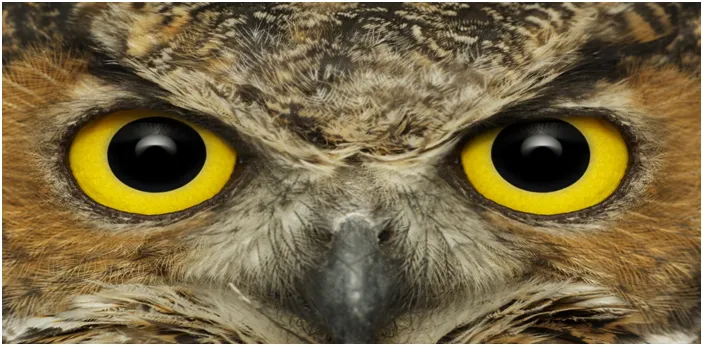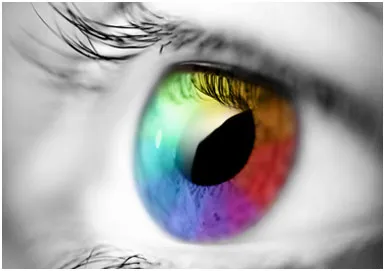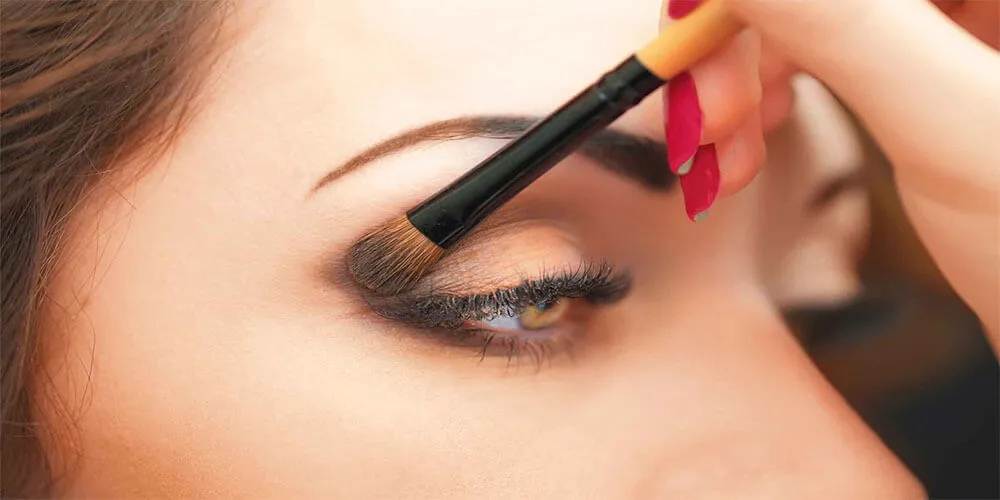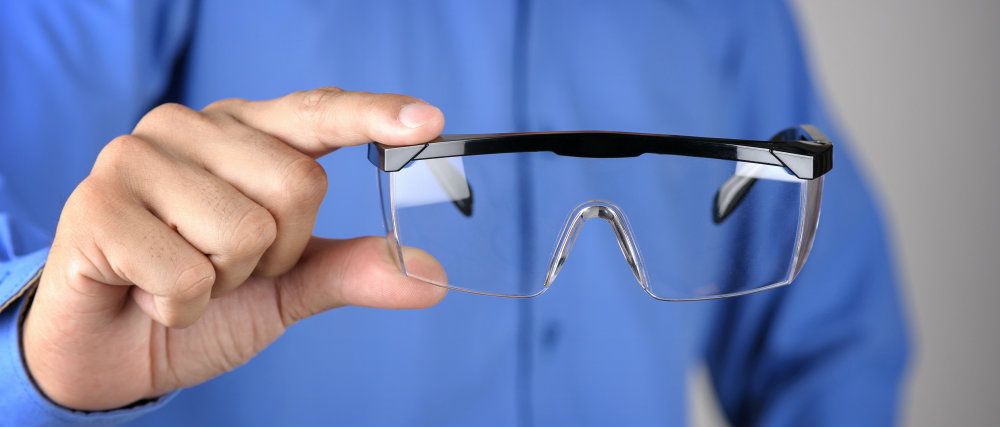
With its large population, India is known for contributing to the largest portion of global blindness. According to the Eye Bank Association of India (EBAI), out of the requirement of 100,000 corneas in a year, the eye banks within the nation accumulate as close to 37,000 only. The lack of public cognizance about eye donation is the largest reason for an increasing disparity between the number of corneas available and the quantity required. Take a look at our neighboring country, Sri Lanka which has set an example by becoming the largest human eye donor countries in the world. It has helped around more than 57 countries including China, Japan, Thailand and Egypt with eye donation. Even though this problem looks frightening, the real need is to take up the challenge and curb down the problem from its roots. Facts about Eye Donation
- Eyes can be donated only after the donor’s death.
- Only the outermost thin layer known as the corneal layer is used for fixing the blindness in corneally blind people.
- Eyes are required to be collected within 4-6 hours of the death of the person so it is essential to contact the eye bank in close vicinity, at the earliest.
- The act of eye donation is free of cost. To sell or buy human organs, eyes, and tissues is an illegal act and punishable by law.
- The donated eyes reach the people according to the list maintained by Eye Banks.
What is eye donation? Eye donation refers to the process of pledging to donate one’s eyes after death. Donated eyes are used for corneal blind patients to restore the vision. It is a voluntary act done for the benefit of society, which causes no harm to the sentiments and religious faiths of the deceased’s family. The eyes of one person can help to rebuild the vision of two blinds, in most circumstances. How can you pledge to donate the eyes? The process requires you to fill a form, available in all major eye hospitals and eye banks. The form is also available online to fill, on the official site of the Eye Bank Association of India. It is also important to inform your family member or legal representative about the decision. In such a case, a donor card can be provided to be used at the time of actual eye donation. Eyes can be donated with the consent of the family members if the eye bank is informed on time after the death. Who are eligible to donate eyes?
- Eyes can be donated by anyone irrespective of any age, sex or blood group.
- Eyes affected by eye problems of short-sightedness, long-sightedness or astigmatism or even operated by cataract surgery are still eligible for an eye donation. Since the cornea is not affected by these eye problems.
- Health diseases: diabetics, hypertension, and asthma which are not communicable still allow one to donate her/his eyes.
- Diseases which makes one ineligible to donate eyes are AIDS, Hepatitis B or C, rabies, septicemia, acute leukemia, tetanus, cholera, meningitis or encephalitis.
- Eyes unfit medically for the donation are utilized for medical research and studies.
How donated eyes are used in restoring vision? Eyes donated by one person provides the gift of vision to two blind persons, generally. However, nowadays component surgery of the cornea uses just a layer of the cornea for transplantation, which allows one eye to restore the vision of up to five patients. This way, a donation of your eyes can gift vision to ten people. Eye banks maintain a record of all donated eyes and make sure all of them are used. Eyes fit for corneal transplant restores the vision and others are used for further research in the field. What are cornea and corneal transplantation? The cornea is the front transparent layer of the eyes. It is significant for the vision and its focus. If the cornea becomes cloudy due to any reason, it results in vision loss, also known as corneal blindness. Corneal transplantation is a surgery that includes the replacement of the defective cornea with a healthy cornea received by eye donation. What is an eye bank and how to make a contact for eye donation? An eye bank is a charitable organization which preserves, collects, examines, and provides the donated eyes. It is formed and administered under strict medical standards. For India, the eye bank helpline number is 1919, which is toll-free and available 24×7. It helps regarding eye donation as well as related information. What precautions are to be taken by relatives?
- Eyes of the deceased are to be closed or moist cotton can be placed over the eyes.
- To reduce the bleeding during eye collection, raise the donor’s head about six inches with a pillow.
- Switch off all the fans.
- Cover the deceased’s forehead with an ice pack or polythene filled with ice cubes.
- To prevent eye infection, instill antibiotic eye drops at regular intervals.
- Notify eye bank at the soonest.
What is the procedure of eye collection? After informing the eye bank about the donation, a team of an eye doctor, a grief counselor, and trained staff is sent to the deceased’s place or hospital. The team will take a written consent of the family before processing further. Also, questions about medical history are asked. With great efficiency and under strict aseptic standards, eyes are collected in privacy, taking not more than ten minutes. The defected area over the eyes is restored carefully. What are the possible complications or disfigurement during eye collection? There is temporary bleeding caused in the area from where eyes are collected, in case the whole eyeball is obtained. The medical team works with high precision, eyes are properly closed to save any disfigurement. There is another method where instead of the whole eyeball only the cornea is collected. This is also later replaced by a plastic cornea to cause no disfigurement. What happens after eye donation?
- Eye bank acknowledges the donor’s family with a certificate of appreciation.
- The medical team takes the collected eyes to the eye bank for examination.
- The examination includes different tests by the corneal surgeon on the tissue.
- As per the waiting list, recipient of the eyes is contacted for a corneal transplant.
- Corneal transplant is done which is followed by a regular examination.
What is the average time of transplanting the donated cornea? The collected cornea is usually transplanted within 4 days after the donation. It depends on the method used for cornea preservation. How do I ensure that the eyes donated will be used rightly? Eye donation is a legal act. All eye banks are registered and operated under the Transplantation of Human Organs Act, 1994. The government takes strict actions in case of any complaint against the eye bank. On concluding note Treating blind patients with the donated cornea has proven 90% successful. The aim is to create an ideal condition where donations made would outnumber the number of people with blindness. Pledge to donate your eyes today, and educate and motivate others about eye donation.


